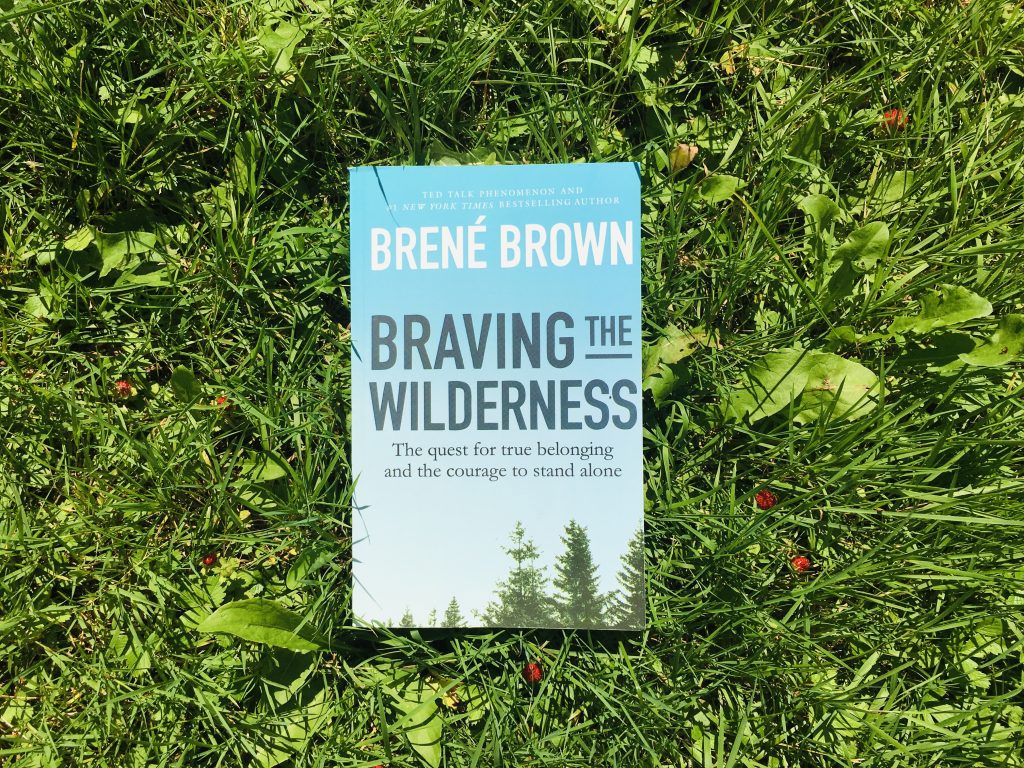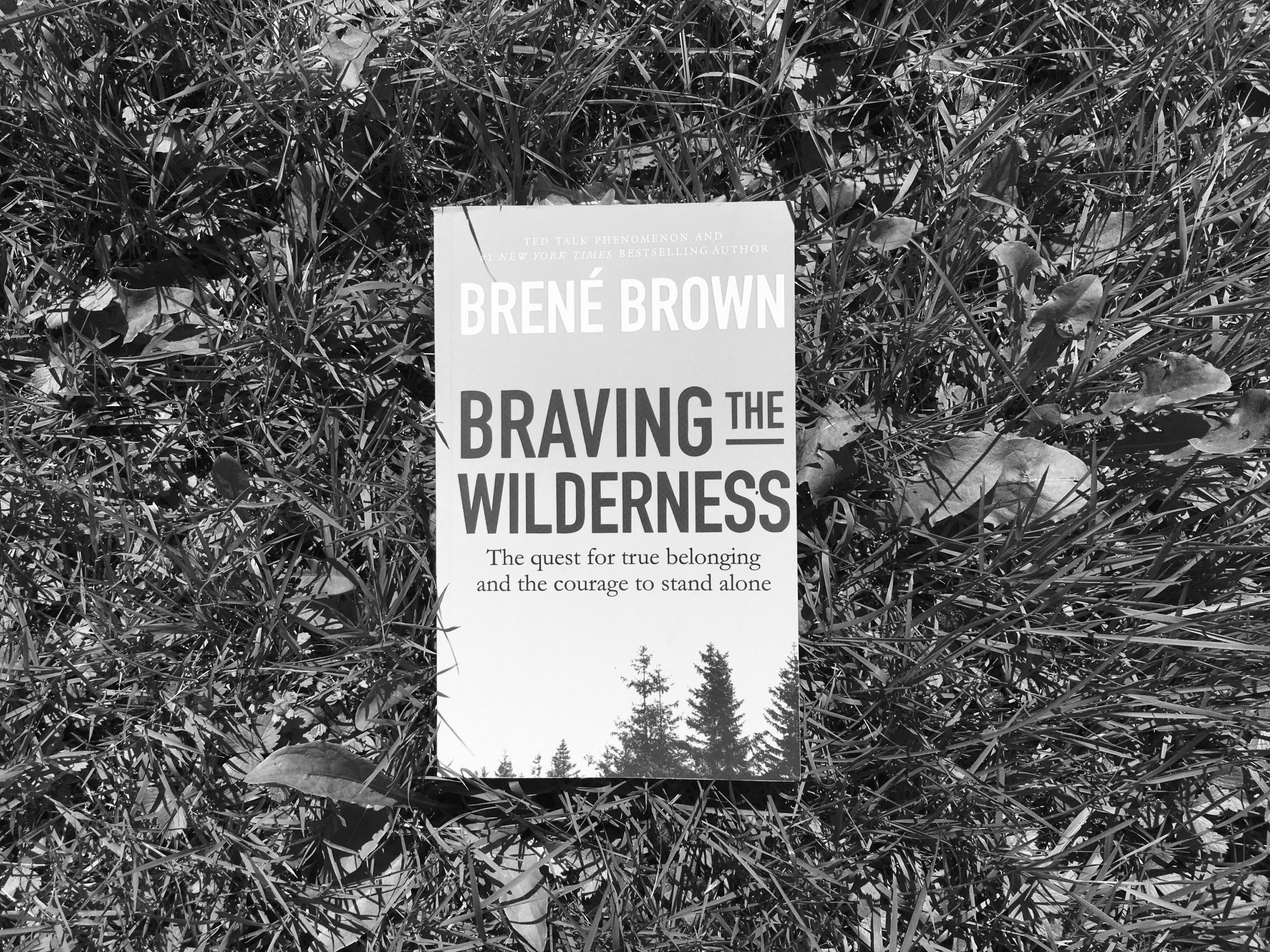
If there’s one thing we really need these days, it’s courage. Our daily lives are haunted by fears on every scale: from climate change, skin colour or religion to the question of whether we are successful enough, whether we wear the right socks or whether we have the right earlobes. And we are also driven by fear in business: We are afraid of failing, of losing control, of standing up for our ideas, of open discussions and projects with unpredictable outcomes. Luckily for us, there are people like Brené to help us out of this misery.
The women who reached over 45 million people
Brené Brown is a phenomenon. With over 45 million views her talk on The Power of Vulnerability became one of the top five most viewed TED talks in the world. In her day to day life she is a research professor at the University of Houston where she studies courage, vulnerability, shame and empathy. She is also the author of several New York Times bestsellers and a sought-after speaker on courage and leadership.
A hardcore perfectionists struggle with courage and vulnerability
What I love about Brené, and what I am sure makes her that credible for so so many people, is the fact that she not only speaks about her experiences with authenticity, humor and self-irony. She also is a quite „un-cuddly“, non-esoteric type. She’s a native Texan who admits always to have been driven by facts, performance and perfectionism. So if someone like her says that courage and vulnerability are things we need to look into and practice them, we are willing to listen – and to give it a thought.
Stop being perfect, share your story
After reading Braving the Wilderness and The Gift of Imperfection my personal recognition was: In a world that tells us how and what to be from dusk till dawn, it’s all about the courage not to be perfect. It’s just that – but it’s damn hard to do.
There are two things Brené says about perfectionism that I found particularly unmasking. The first one is: „Perfectionism is not about healthy achievement and growth. It is the belief that if we live perfect, look perfect, and act perfect, we can minimize or avoid the pain of blame, judgement and shame. It’s a shield.“
The second one is: „Perfectionism is, at its core, about trying to earn approval and acceptance. Perfectionism is other-focused: What will they think?“
How can we escape this paradox? How can we stop to shield ourself from those we would actually like to connect with? One way to go is: Jump into the face of your fear through sharing our story.
Especially in our business lives, there are so many situations where we try to be experts or role models by presenting facts and numbers in a perfect presentation while wearing a perfect fit suit. Instead of doing something that would oftentimes be much more effective: presenting what we genuinely have to say in a context our audience can relate to.
As we all are humans, you can be sure there are a lot of people who might not know what you know – but who have had similar experiences or asked themselves the same questions as you did during your (work)journey. When you make up the courage to share your own story, you open the door for authentic, valuable communication and knowledge transfer.
„Rehumanize“, trust others, share control
The other thing I realized once more while reading Brené: We live in an achieving culture and put extremely high expectations on us. One of the unpleasant side effects of this attitude is that we think being strong and successful means we have to be in control of everything and don’t need anyone (or are not allowed to need anyone). This, of course, is complete bollocks. We, in our private lives as well as in business, need supporters. A good team in order to achieve great things – or sometimes just to avoid to lose it.
But even for those of us who realized this in theory it’s easier said than done. We are living in an environment that is ruled by distrust and control. What we need to learn (and this by the way is something dm founder Götz Werner promotes as well) is to „to trust others and acknowledge their worth.“ Or, to use one of my favourite Brené words: we need to „Rehumanize“.
In practice, this also means: letting go of the – anyway narcissistic – believe that only we can find the right solutions. And trust that even the people around us are absolutely capable of doing a good job. This can imply trust a designer who does a new brand design. Or trust that your spouse can load the dish washer without you. Chances are high, and yes, in both cases, that things will be OK. Even if they may look a little bit different than you have them expected to.
Belong to yourself, overcome the fear
So, to overcome some of our fears, at least in business, we need to let go of the obsession with perfectionism and the worries that others could do stuff we are involved „not right“. We need to create „a culture where we are not threatened to speak out and we are supported when we make the decision to brave the wilderness.“
How do we get there? By learning to belong to ourselves. And belonging to ourselves, means: „to brave the wilderness of uncertainty, vulnerability and criticism.“ Brené sets us on the right track – with the call to become an aspiring „good enoughist“ and the transformative power of story.
